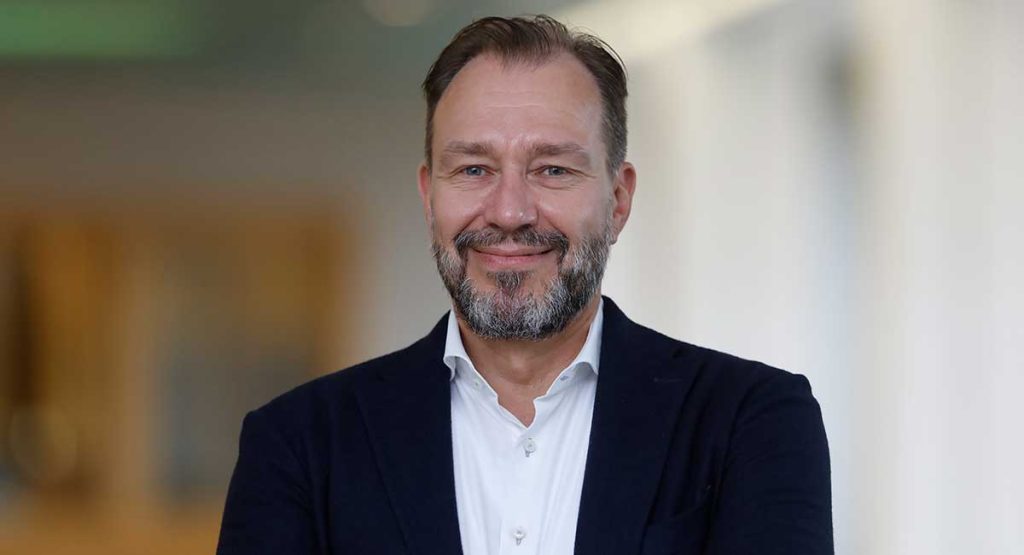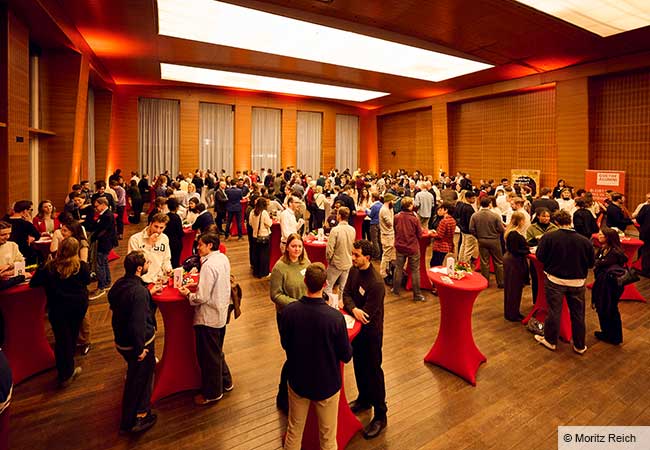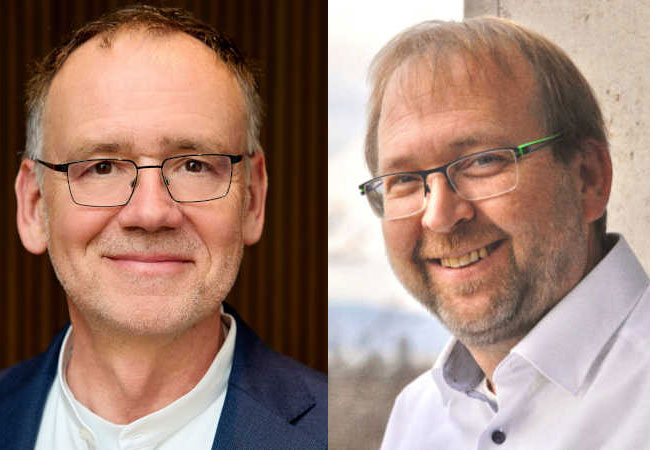
Women are underrepresented in many academic professions. This is particularly the case in economics, as shown by a study conducted by economist Guido Friebel from Goethe University and his team in cooperation with the Toulouse School of Economics. The situation for women is most difficult in senior positions and at universities that are particularly strong in research.
The study on the ratio of women in economics has revealed some surprising facts: Europe boasts better numbers than the US, for example, or that women are noticeably underrepresented in particular at universities that are strong in research. To obtain a meaningful overall picture, the team, comprising Professor Guido Friebel, Alisa Weinberger and Dr Sascha Wilhelm (all from Goethe University) and Professor Emmanuelle Auriol (Toulouse School of Economics), used a web-scraping algorithm. “We fed the algorithm with web addresses from universities, and from there it derived information on the number of professors and junior scholars. The classification by gender of the persons identified was done on the basis of names and a facial recognition software. To verify or correct the data we collected, we wrote to all the institutions. Almost all of them replied, and many deans commended us on this initiative, which was supported by the European Economic Association,” says Friebel, describing the project.
In total, the study incorporated data from 238 universities and business schools worldwide and involved over 34,000 individuals. Subsequent analysis revealed that in the US women hold only 20 percent of senior-level positions, that is, professorships, while in Europe the figure is 27 percent. The global average is 25 percent. At entry level, 32 percent of positions in US-American institutions are held by women, in Europe 38 percent. Worldwide, the average is 37 percent.
But there is no reason for European countries as a whole to rest on their laurels as far as support for women is concerned, let alone give themselves a proud pat on the back: “Once again, we have the Scandinavian countries to thank for the positive numbers, but also Spain, France and Italy,” explains Friebel, who was surprised at the US’s poor result. Also surprising for him was that few junior women work at institutions with a particularly high research output. Here, too, women are far more at a disadvantage in the US than in Europe.
What could be the reason for women’s sluggish progress in economics? The causes can have different origins, as the study shows. Correlating the figures with existing statistics revealed a close connection with the general attitudes prevalent in the respective society. The organisational culture of the respective university, institutional rules, but also the behaviour of women and men in economics are additional factors.
Friebel and his team now want to investigate how the situation could be changed over the longer term. As far as Germany is concerned, he sees one reason for the underrepresentation of women in economics: when a professorship becomes vacant and is advertised again, it is often dedicated to the same topic – and thus concedes to the research preferences of men. Women are less likely to be involved in macroeconomics or economic theory than men, he says, but instead are more interested in development economics, health, labour and organisations – areas that should be strengthened anyway in view of the global situation and societal development. In principle, this is better in the US, says Friebel, because professorships there are often not so narrowly defined in job adverts. However, women have apparently not yet benefited from this.
In the authors’ opinion, research institutions should do their utmost to ensure fairness when assessing male and female candidates, while mentoring programmes and gender parity in seminars and conferences can contribute to increasing women’s visibility and to reducing implicit prejudices when filling academic positions.
Publication: Auriol, Emmanuelle, Guido Friebel, Alisa Weinberger and Sascha Wilhelm. “Underrepresentation of women in the economics profession more pronounced in the United States compared to heterogeneous Europe.” Proceedings of the National Academy of Sciences, 119 (16): e2118853119. https://doi.org/10.1073/pnas.2118853119







